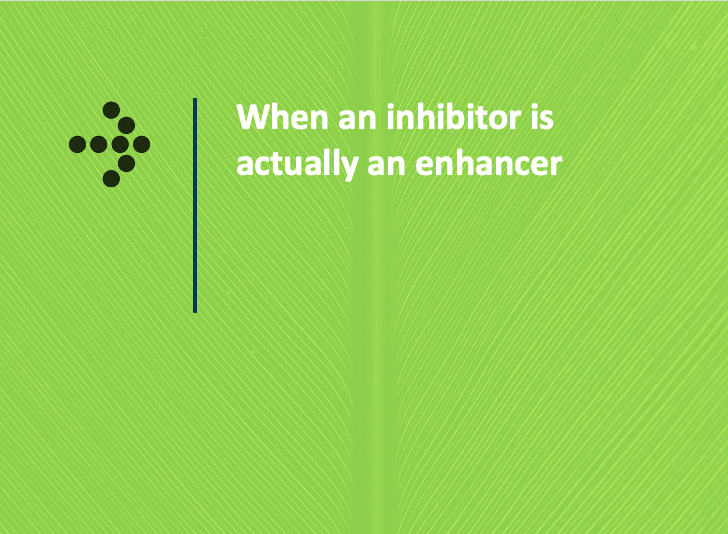When an inhibitor is actually an enhancer
Performance inhibitors are among the most important metrics that we measure as part of our Evalex20 battery of psychometric assessments. And while their overall tendency is to impede performance (as the name suggests), there are actually instances where what we define as a performance inhibitor could, paradoxically, enhance an employee’s performance.
We recently conducted some research for a Japanese company. The business operates using kaizen principles, which call for continuous improvement through the organisation – from the general workers and managers to the admin staff and leadership. We found their high-performing supervisors to be risk averse and structure-dependent, which are listed as two of our inhibitors. But because of the business model, which calls for systemic, small-step improvement by each and every employee, these inhibitor traits function as enhancers in this particular role and environment.
Inhibitors will only function as enhancers in very specific instances. Over-reliance on structure or aversion to risk would be inhibitors in most roles, so this was more of an exception. It is entirely contextual.
Take perfectionism and structure dependence, for example. Seeking perfection in what we do is often a requirement for most roles. When however an individual, such as this one, is too structured and diligent, or pays too much attention to detail and quality, then they may be perceived to be holding back the process. Sometimes 80 percent complete is good enough to go!
As far as structure dependence goes, cultures and environments differ in their degree of structure. A structure dependent person may struggle to find a niche in an unstructured environment. These people seek structure and guidance, but find it difficult to actually initiate the creation of structure.
If you are in a sales position, these inhibitors would be just that – inhibitors. Salespeople shouldn’t get too bogged down by perfectionism and detail, which has the ability to distract them from the big picture of selling. They should also not be overly dependent on structure. Their job is to follow leads and convert them to sales, not sit in the office all day.
However, these inhibitors would be enhancers for a risk and compliance officer, whose job is to stay well within the lines of legislation and good corporate governance. They need to have an eye for detail and sweat the small stuff, with a constant focus on ensuring that the business is optimally structured to meet its compliance requirements.
If you’d like to read more about performance inhibitors, check out the articles below from our blog:
Why you should be measuring your team’s performance inhibitors
The seven deadly sales inhibitors
How to handle harping in the workplace
Hendrik is an experienced organisational psychologist and MD of Evalex.
Image courtesy EpicTop10.com.
